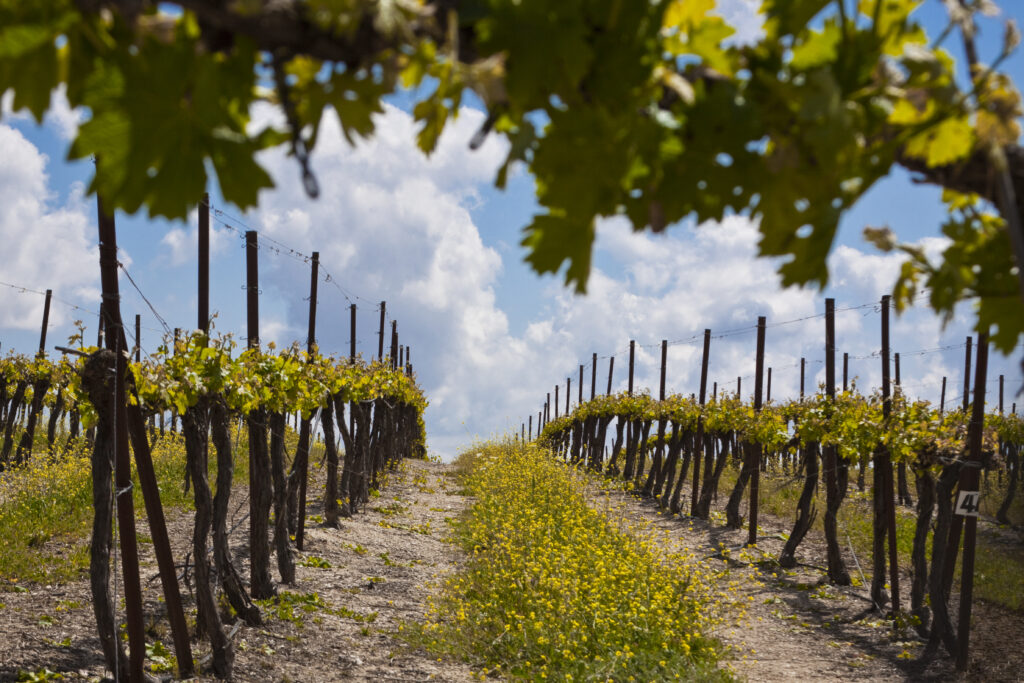This parable challenges us to examine our attitudes
toward others and to align our ministry with God’s priorities.
 By Theo Okai, Ghana National Director and West Africa Regional Director
By Theo Okai, Ghana National Director and West Africa Regional Director
Accra, Ghana
In Matthew 20:1-16, Jesus tells the parable of the vineyard workers. It challenges conventional notions of fairness and reveals truths about the kingdom of God.
The parable describes a landowner who hires workers throughout the day. Some were hired early, others at noon, and still others late. At the end of the day, the landowner gave all the workers the same wage, regardless of how long they worked. This sparked grumbling about who worked the longest, but the landowner responds:
I am not being unfair to you, friend. Didn’t you agree to work for a denarius? Take your pay and go. I want to give the one who was hired last the same as I gave you. Don’t I have the right to do what I want with my own money? Or are you envious because I am generous? Matthew 20:13-15 NIV
This parable reveals key aspects of the kingdom of God. First, it underscores the radical generosity of God. The landowner’s decision to pay all workers equally, regardless of their hours, reflects God’s grace. In the kingdom of God, salvation and inclusion are not rewards for long service or hard work; they are gifts of divine grace. This challenges our tendency to measure worth by productivity or merit, reminding us that God’s economy operates on love, grace, and generosity rather than human standards of fairness.
Secondly, the parable highlights the inclusivity of God’s kingdom. The landowner hires workers, even up to the last hour, ensuring that no one is left out of purposeful work and earning opportunities. This mirrors God’s desire to invite all people into his kingdom, regardless of when they come to faith or how much they have accomplished. “This is good, and pleases God our Savior, who wants all people to be saved and to come to a knowledge of the truth” (1 Timothy 2:3–4 NIV).

The Church, as the Body of Christ, is called to embody this inclusivity, reaching out to those on the margins and welcoming them into the community of faith. The parable challenges us to examine our attitudes toward those who come to faith later in life or who may not fit our expectations of what a “good Christian” should look like.
The parable also speaks of the role of the Church. Just as the landowner sent workers into his vineyard, the Church is sent into the world to participate in God’s mission. This mission is not about earning rewards or competing for status but about faithfully joining in God’s work. The Church’s role is to reflect God’s generosity and inclusivity, ensuring that all hear the gospel and experience God’s grace and love. This requires a shift from a scarcity mindset, which fears grace, to an abundance mindset, which celebrates God’s limitless generosity.
The parable calls us to reevaluate our motivations in ministry. Do we serve motivated by gratitude for God’s grace? The workers who grumbled were focused on what they thought they deserved rather than on the generosity they had received. Similarly, in ministry, we must guard against resentment when we perceive that others receive more. Instead, we are called to rejoice in the blessings of others and serve with humility and joy. Let’s avoid the “Jonah Syndrome,” where we are disappointed that God’s generosity and grace abound, even to those we consider undeserving (Jonah 4:2).
Application includes the Church creating spaces where all feel welcome and valued, regardless of background or how long they have been part of the community. This outreach includes immigrants and people who are unhoused or struggling with substance use. Notice that the landowner didn’t stop offering opportunities until the day’s end.
In conclusion, the parable of the vineyard workers invites us to embrace a vision of the kingdom of God rooted in grace, inclusivity, and generosity. It challenges us to examine our attitudes and align our ministry with God’s priorities. By doing so, we participate in God’s mission and reflect his love to a world in need.
As we work in the vineyard of the Lord, may we do so with gratitude, humility, and appreciation for the boundless grace available to all.



Please note that comments are moderated. Your comment will not appear until it is reviewed.